Performance: Online
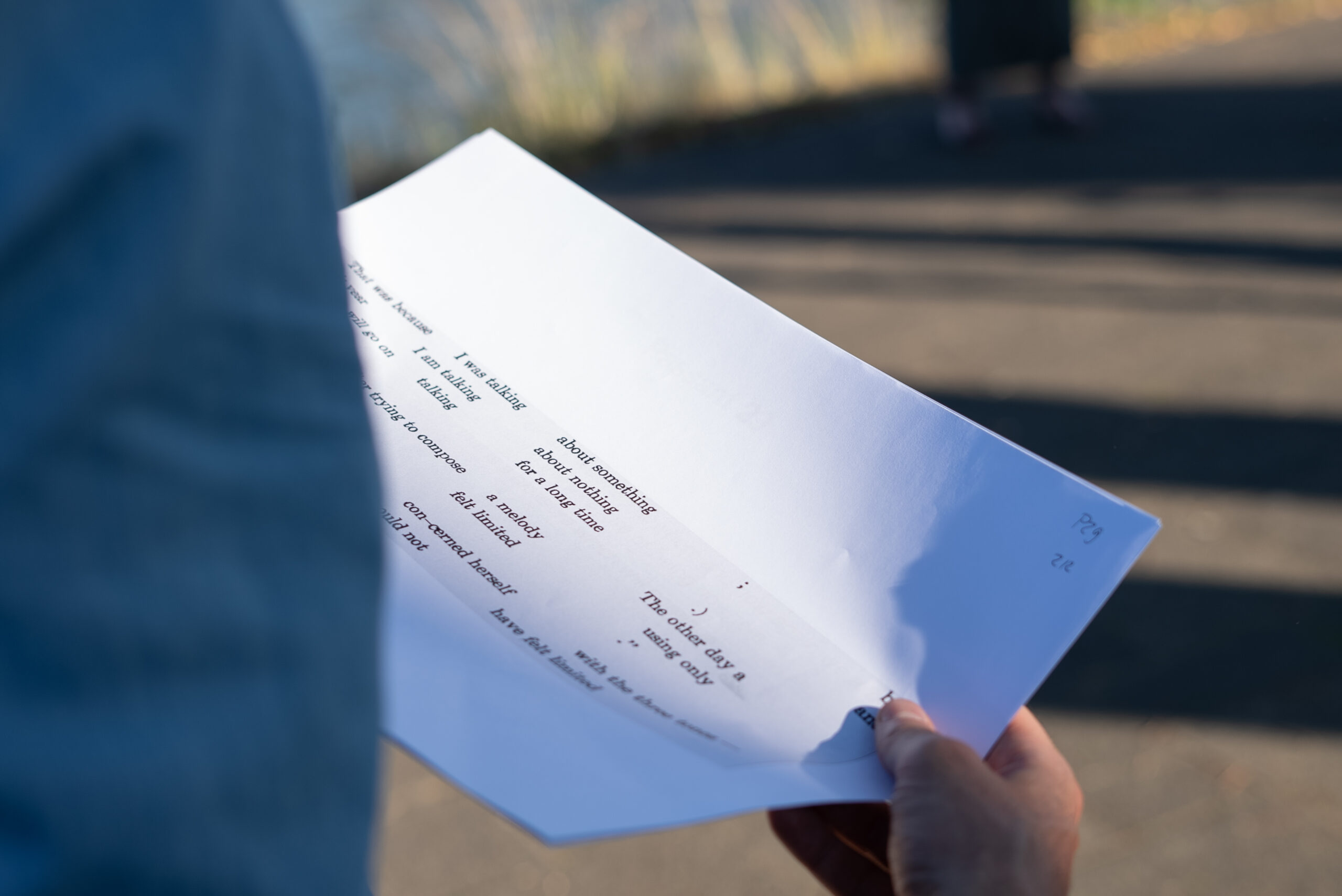
Lecture on Nothing
“He talks for 40 minutes at a time and has nothing to say” is not a cynical comment under the video of some random Youtuber, but John Cage’s self-assessment in his “Lecture on Nothing”.
Silence and Nothing
Nothing could be more healing in our overstimulated world than nothing. Silence. But to be able to perceive it, we need words as a framework. Words with which John Cage gives individual answers to questions posed by a composer at the end of the 1950s.
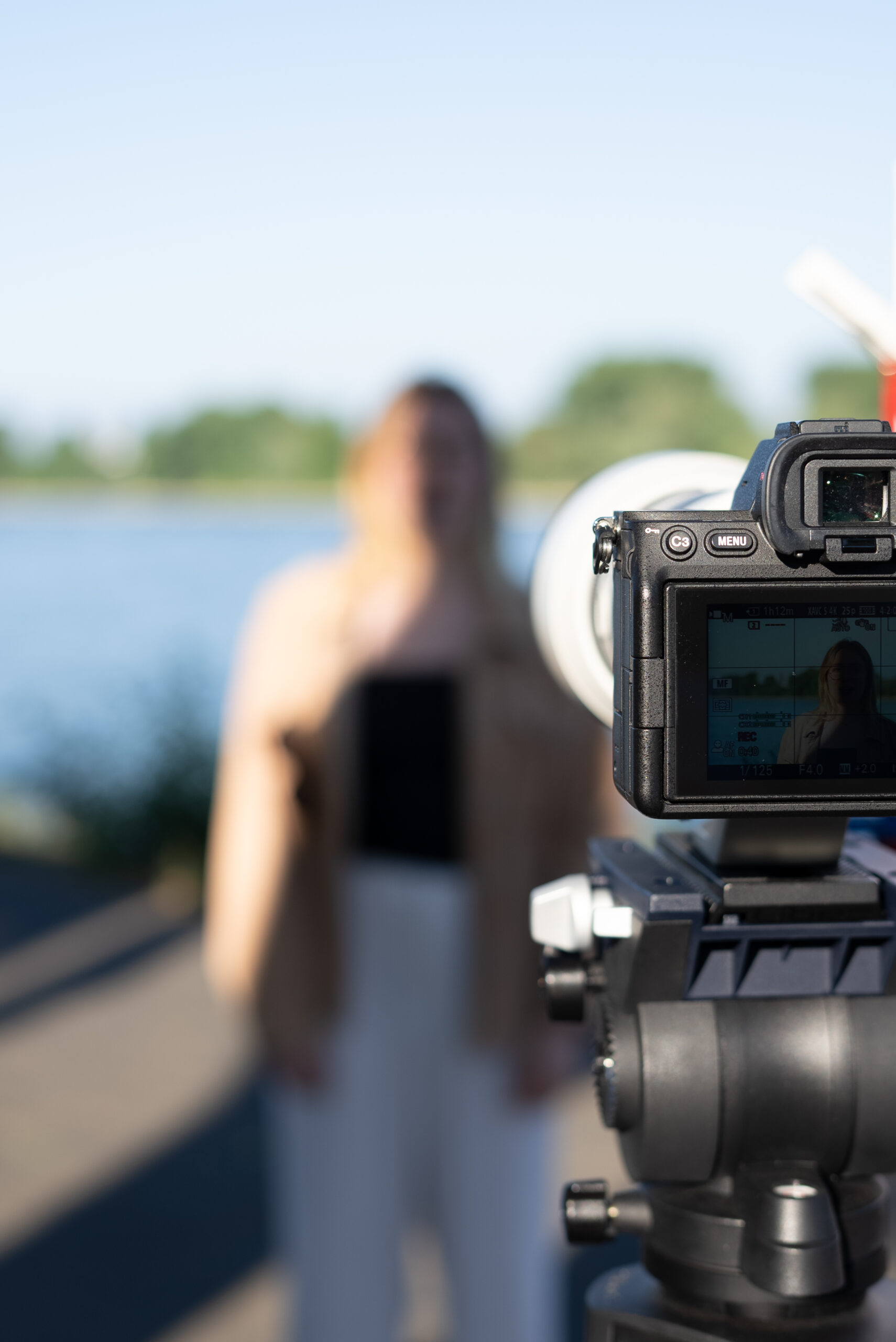
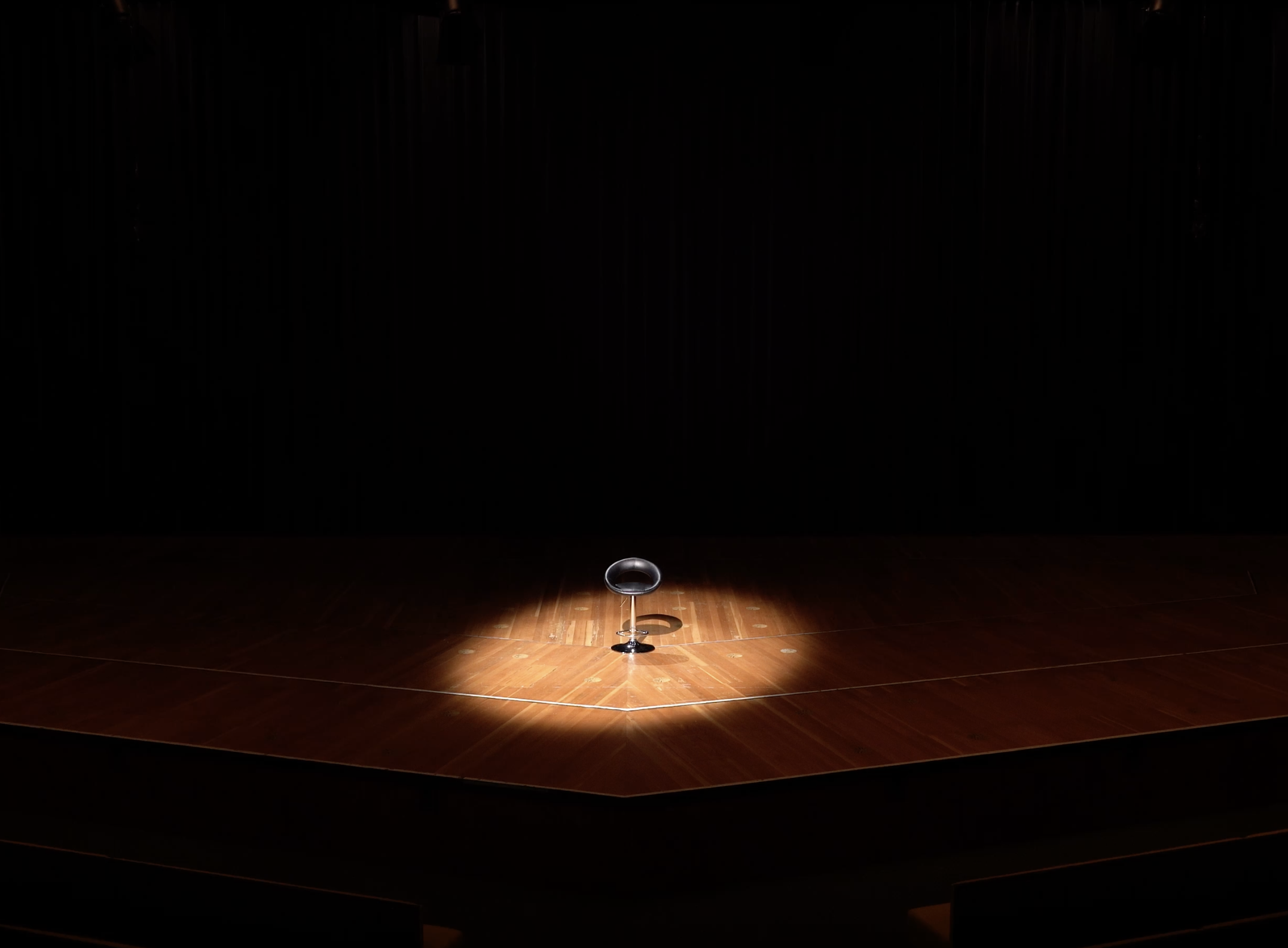
Empty words
Words, recited by the musicians of electronic ID and by passers-by on the banks of the Rhine, to which ChatGPT has assigned the small sections of Cage’s “micro-macrocosmic rhythmic structure” in random order. Words that go round in circles, undermining their own message and thus leading to nothing.
Nothing in Social Media
John Cage’s Lecture on Nothing was written in a time without the internet and social media. Nevertheless, it reads surprisingly critically with regard to modern media. We invite you to watch the production prepared for Instagram:
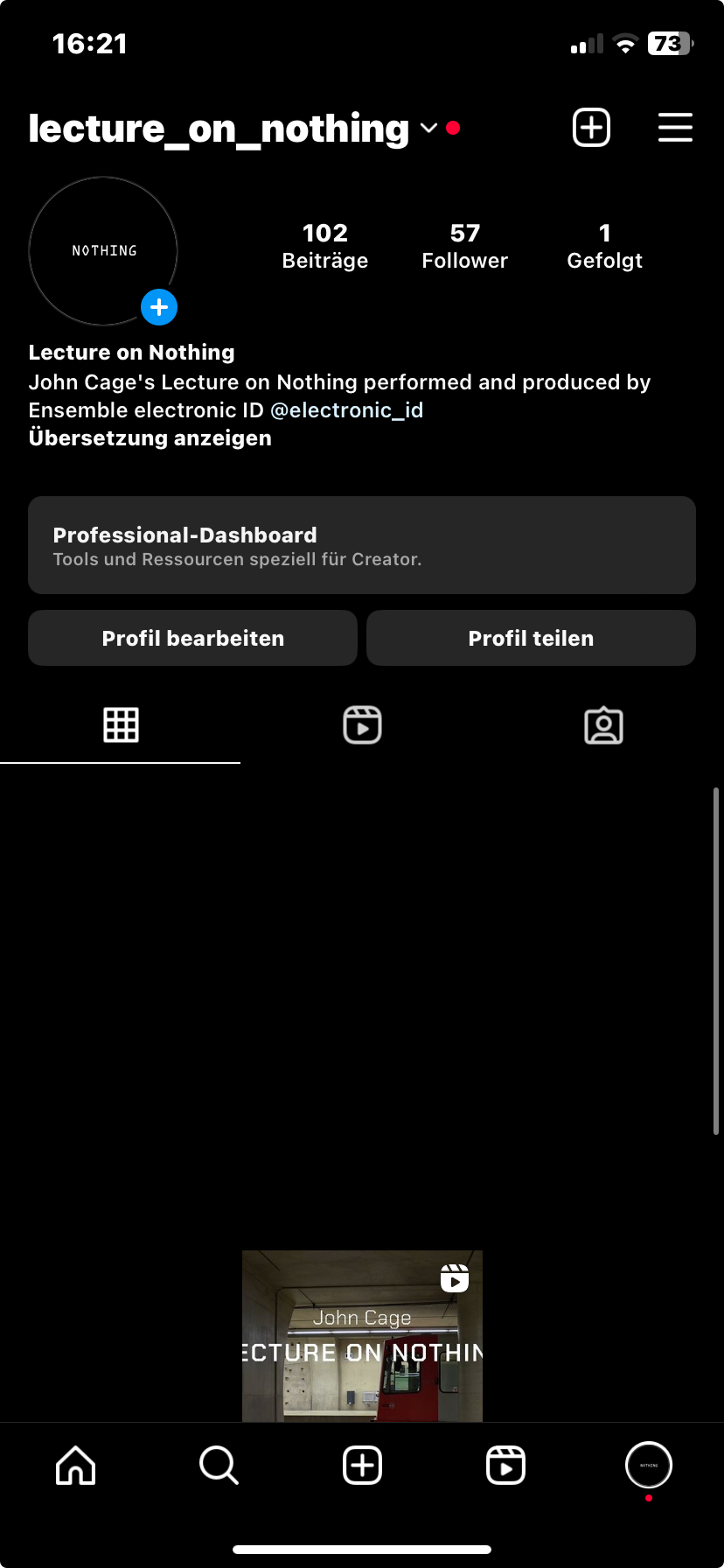
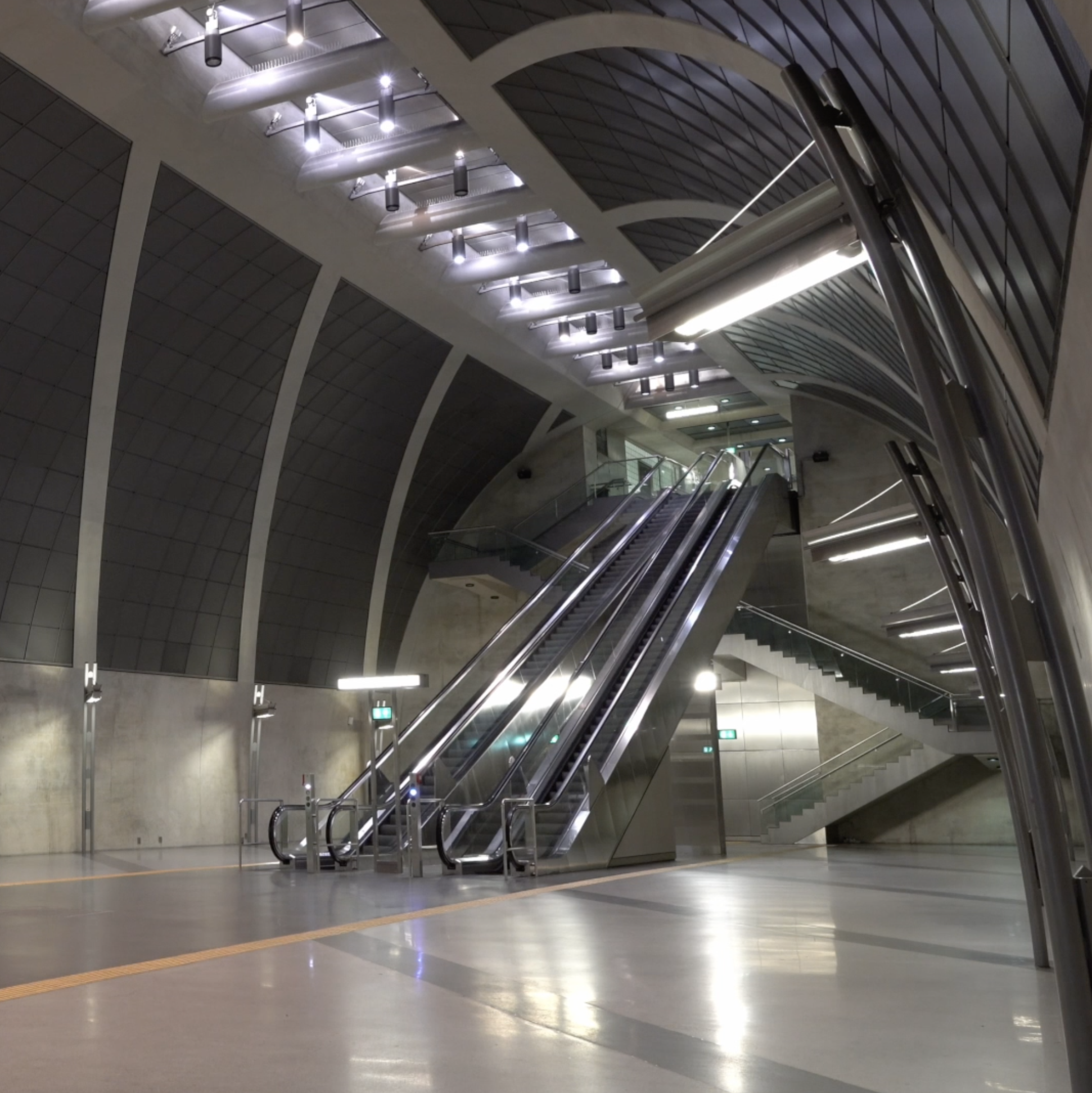
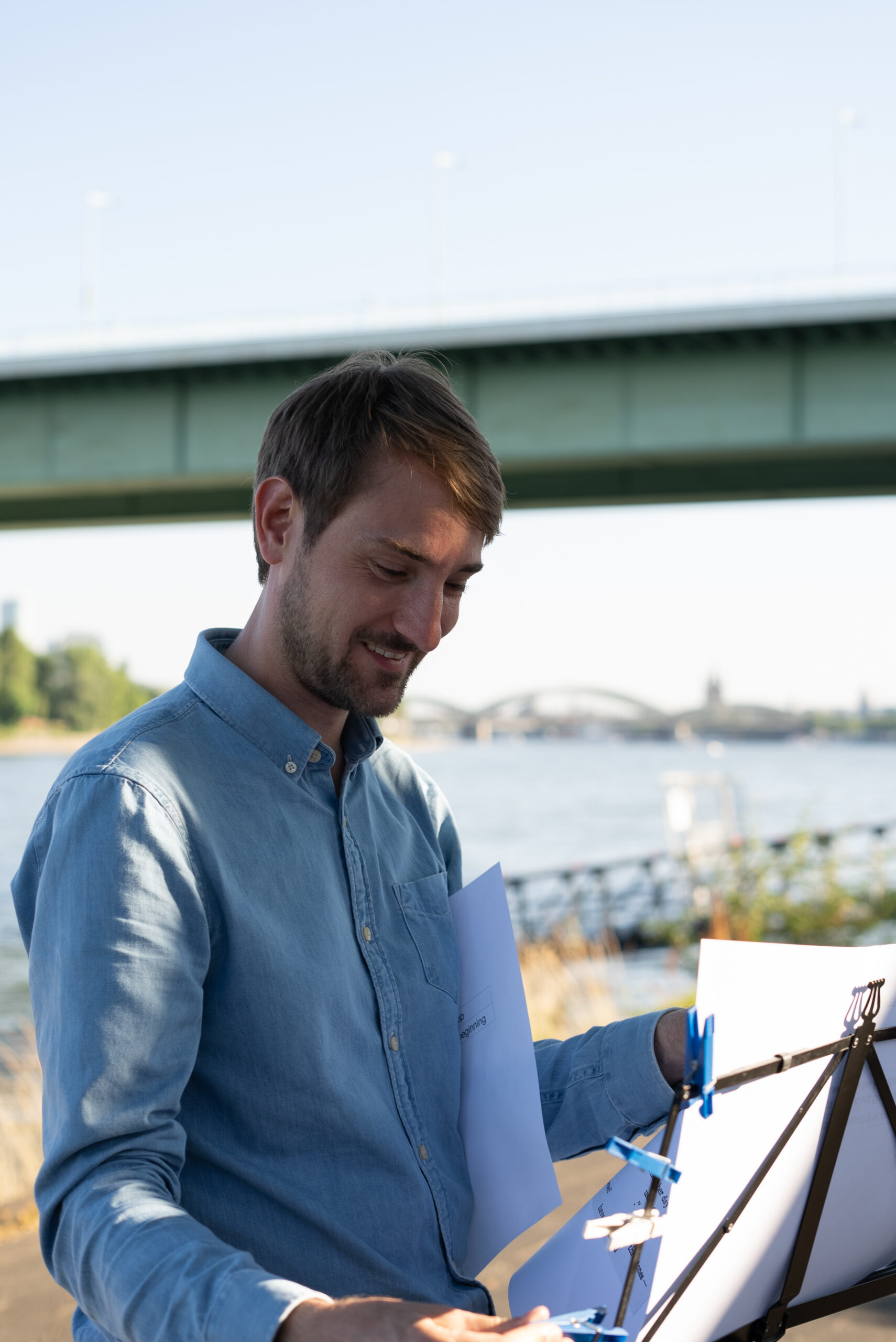
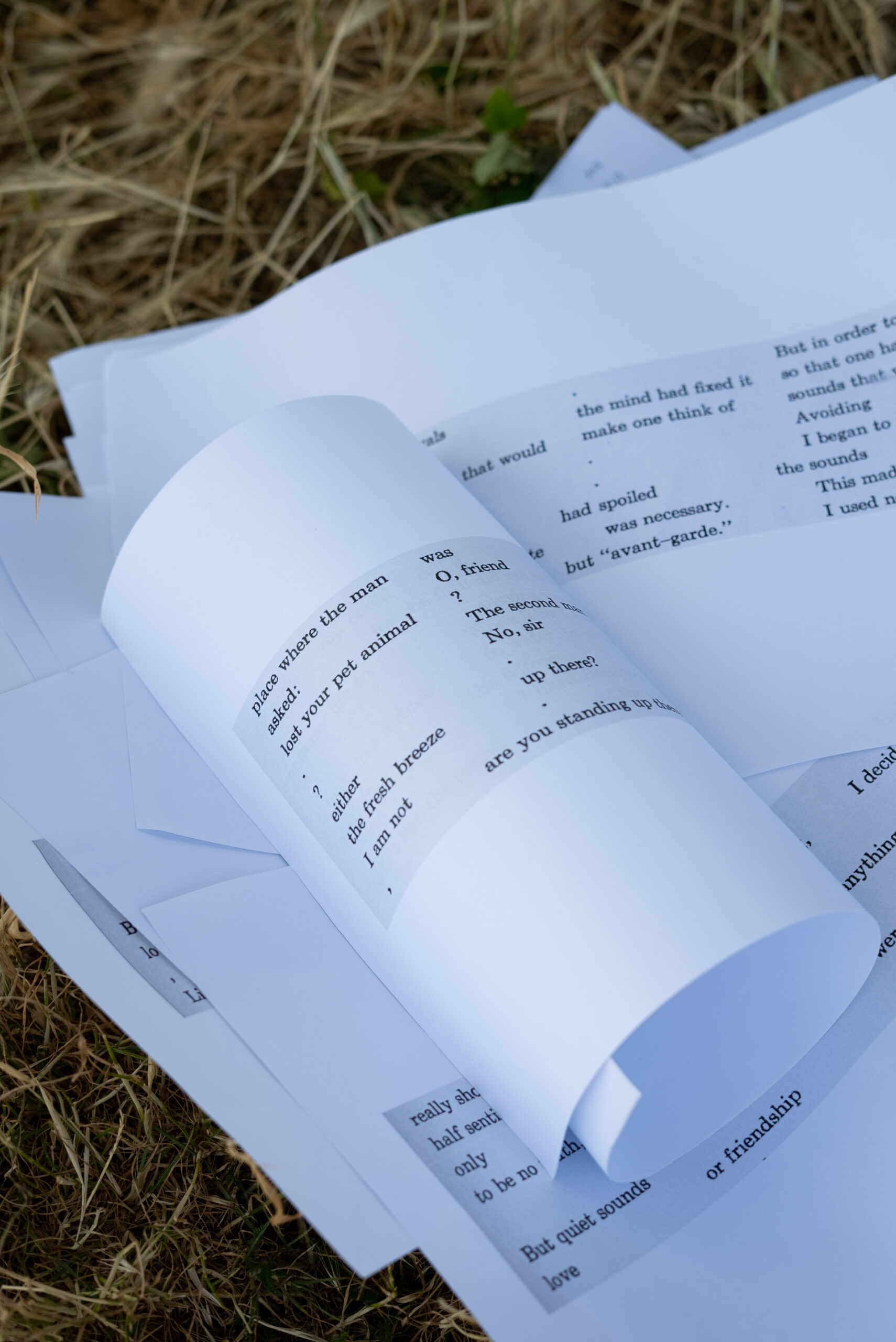
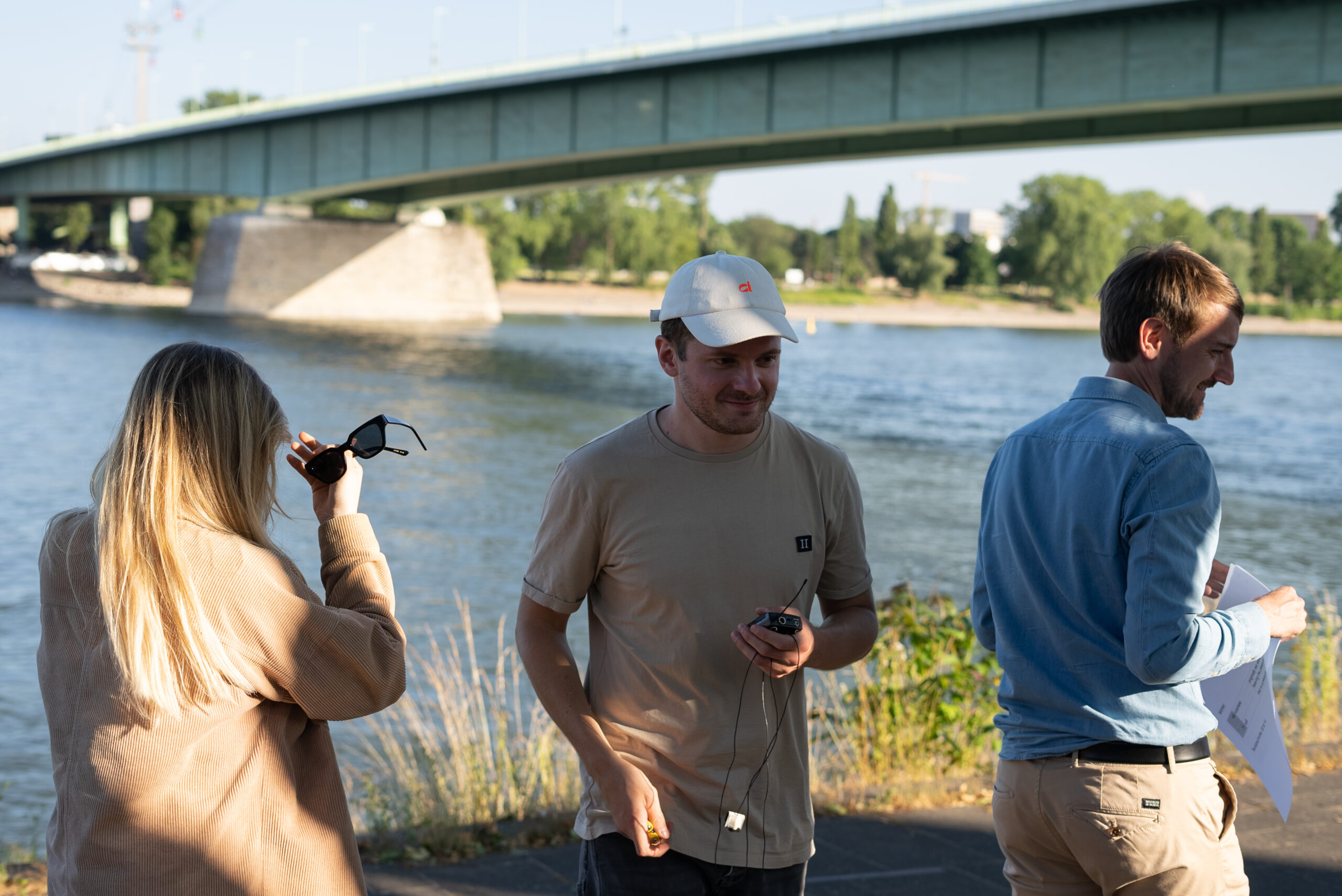
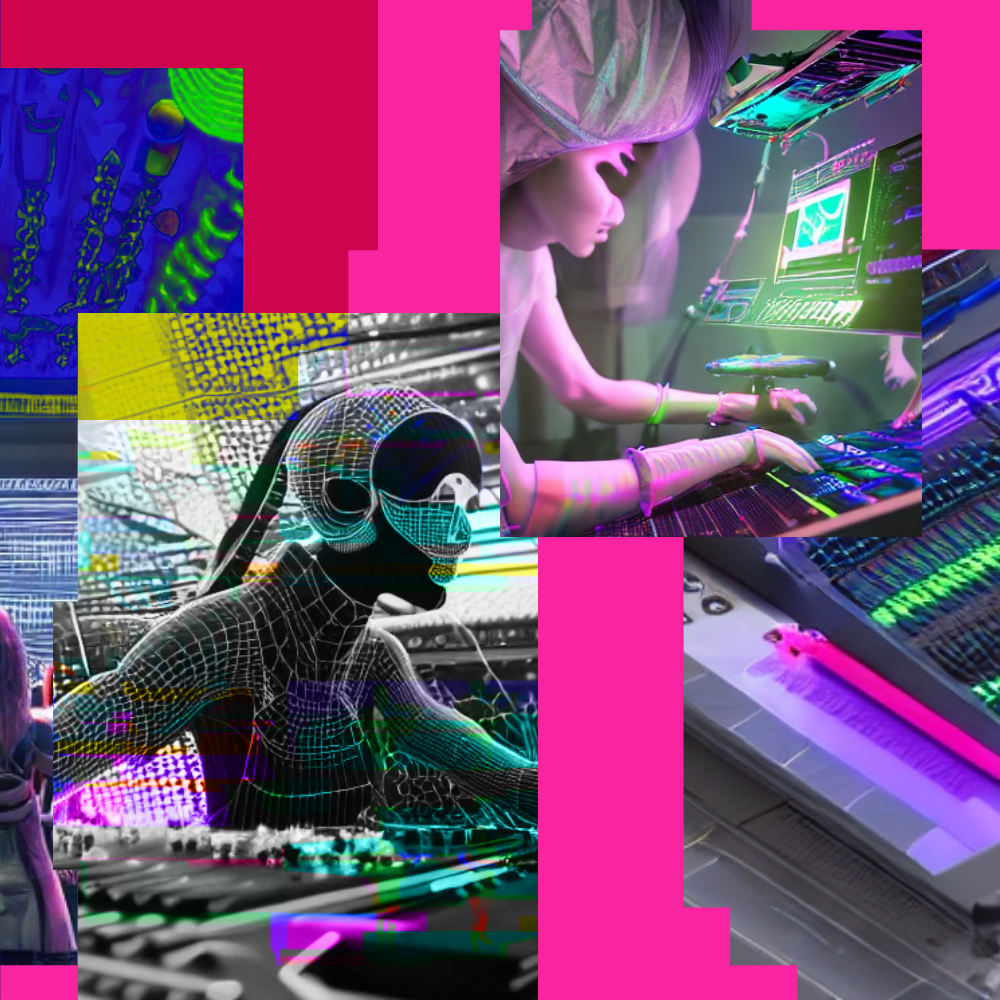
Artificial intelligence as a link
In recent years, the realization of traditional concert formats has not been easy. For eID, the circumstances became an opportunity and our ongoing search for new concert and performance formats became the focus of a broad public. We were looking for a discursive link between cross-platform online concerts.
New forms of presentation in online formats
We wanted to create a new and unprecedented connection between contemporary music and the audience in the digital space. This connection should also be an invitation to the audience to become active themselves. In this way, the one-way street of digital communication and mediation should be dissolved. But how do you create such a connection and how do you prevent an online project from disappearing into insignificance?
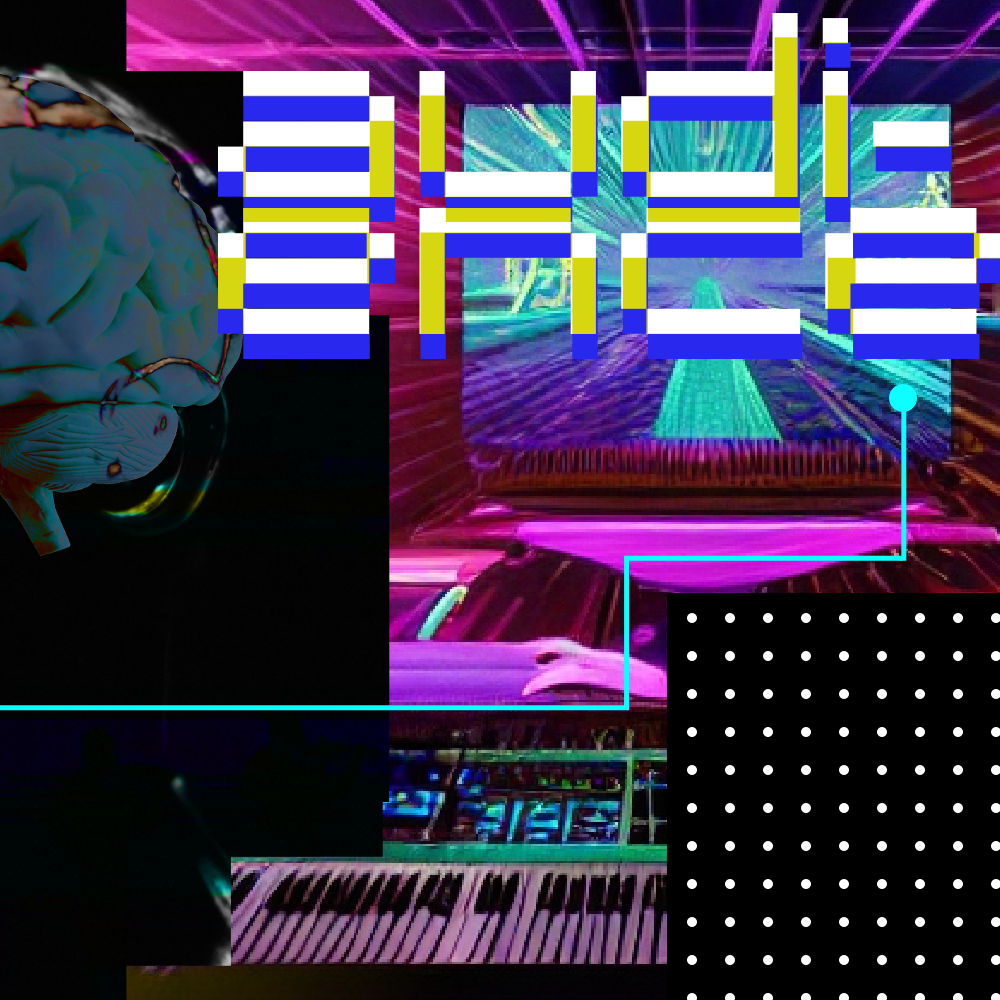
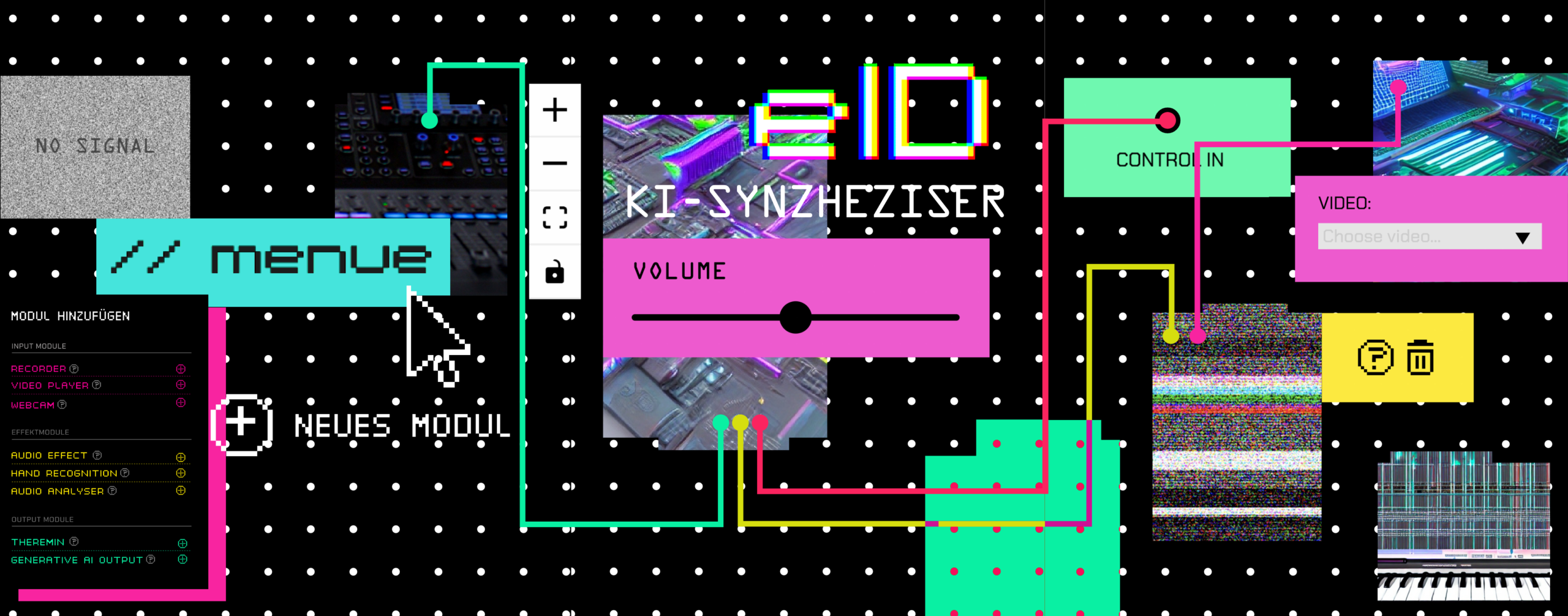
“Artificial intelligence is the new electricity.”
Andrew Ng, co-founder of Google Brain
Creative connections between eID and AI
The AI synthesizer makes it possible to creatively combine the content of eID with and through various AI modules. For example, the material can be controlled by motion tracking and generative AI outputs can be explored.
The generative outputs originate from neural networks that have been trained with the eID content of recent years.
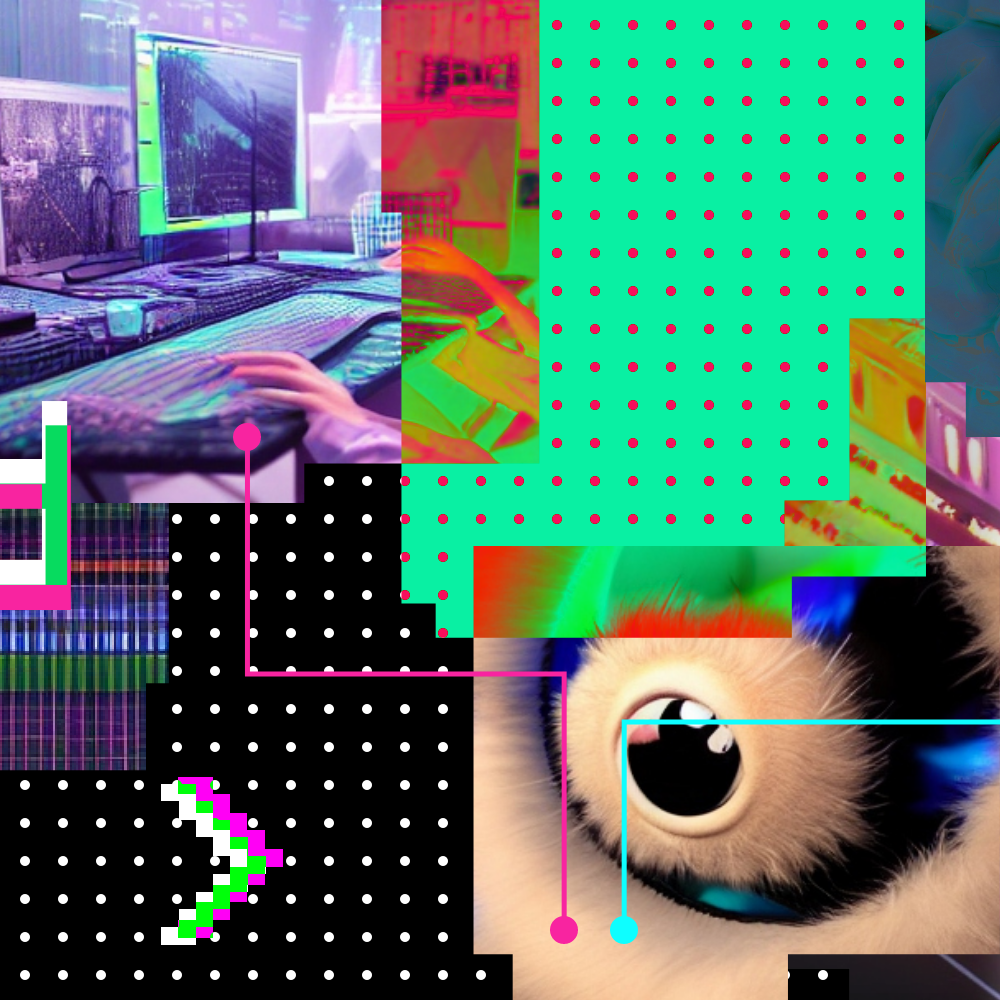
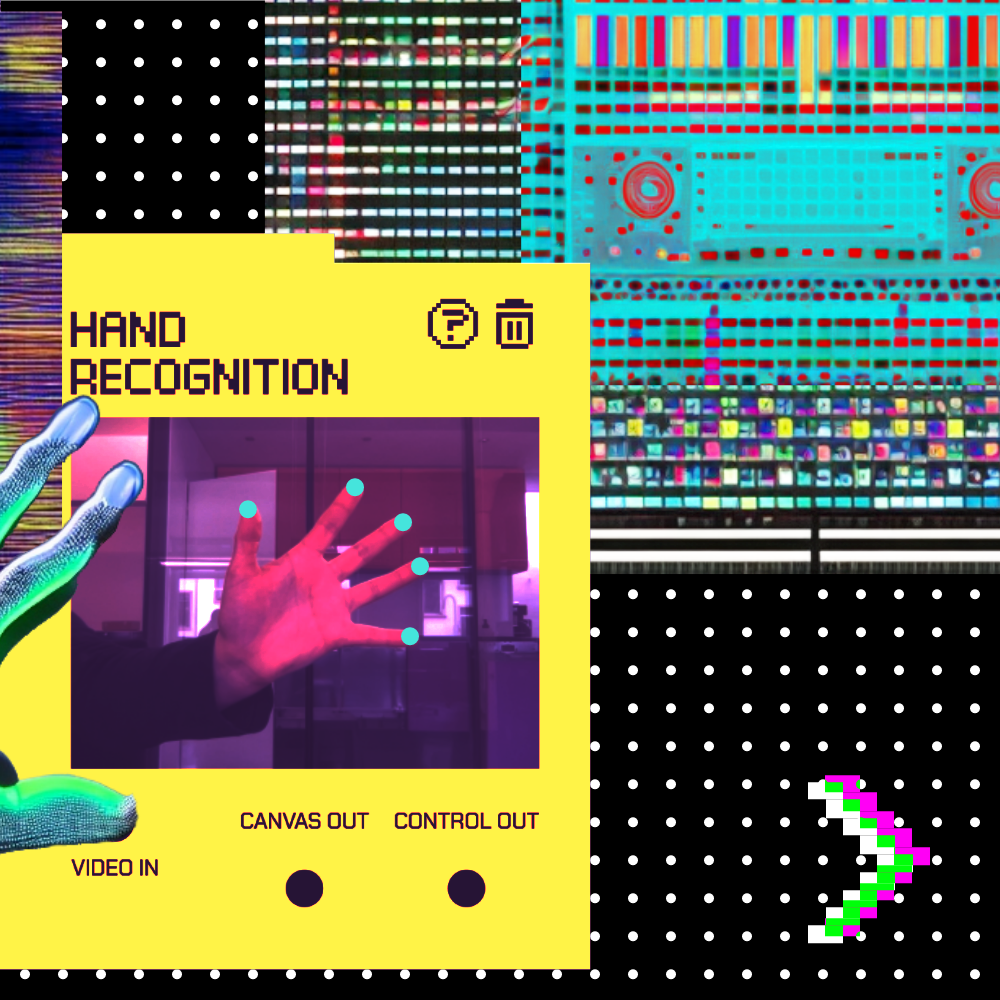
AI agency Birds on Mars and web developer Quandelstaudt
With Birds on Mars, we have found strong partners who were able to realize our vision of a content-spanning AI concept. Quandelstaudt brought the code to our website and, in addition to the design, also took over the programming in the front end.
“Artificial intelligence will expand our imagination, but it will also challenge our definition of creativity.”
Grayson Perry, british artist
Framework and open source
During the development of the AI synthesizer, emphasis was placed on an open framework that can be easily expanded with new modules. The medium-term plan is to make the synthesizer available as an open source project in the hope that we will continue to find strong partners with whom we can take the idea forward.
The possibility of constantly adding new modules means that the artistic possibilities are almost limitless.
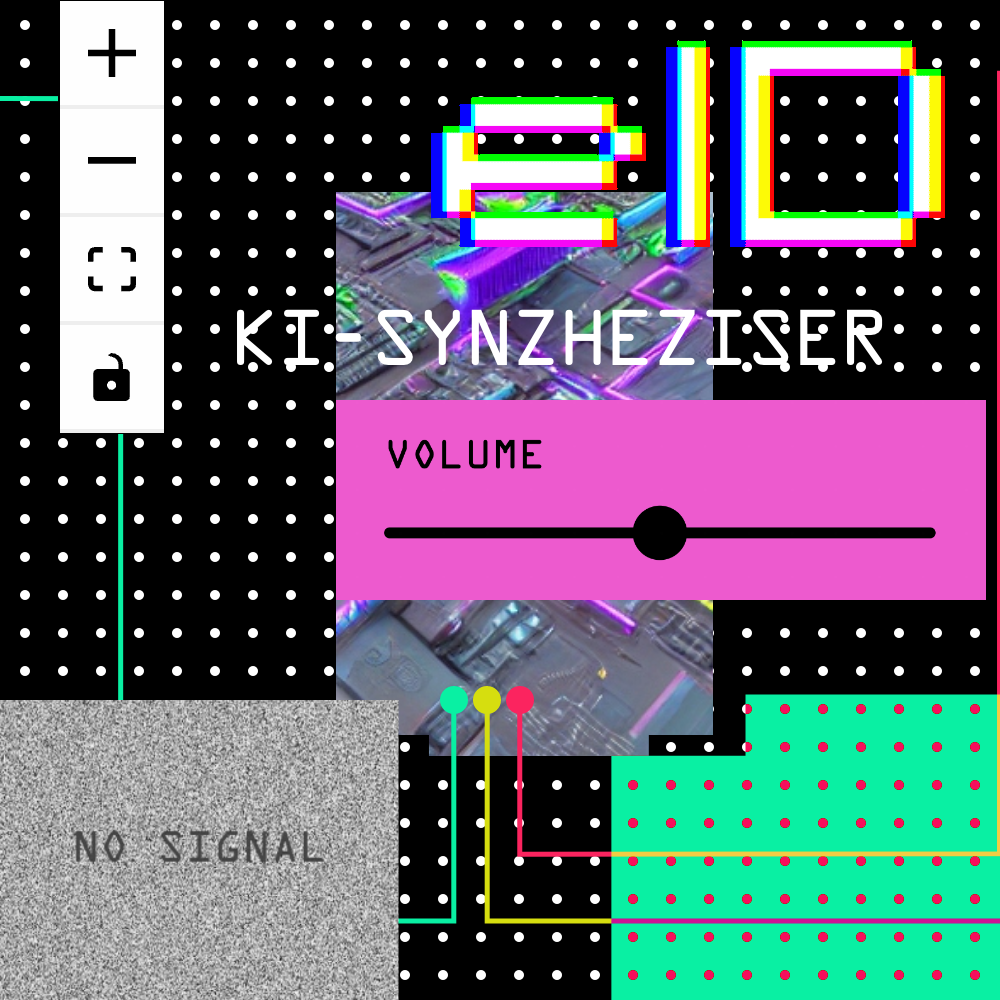
“Artificial intelligence is one of the great cultural challenges of our time and it is important that we consciously engage with it.”
Jaron Lanier, virtual reality pioneer
Sponsor



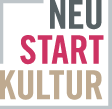
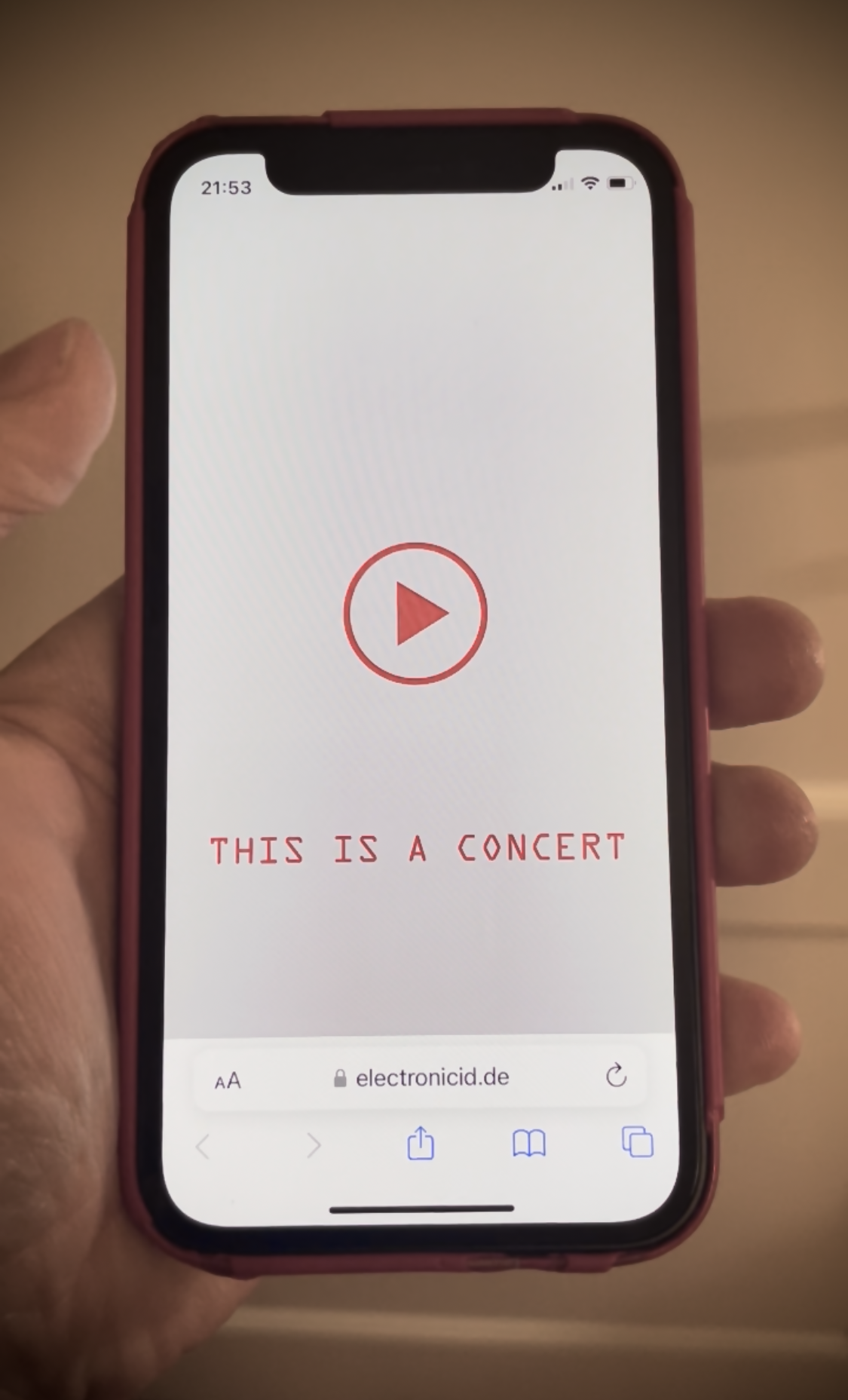
This is a concert
THIS IS A CONCERT claims to be a concert and balances breakneck across the abyss between contemporary solo composition and personalized, interactive music interpretation service.
–> Try it <–
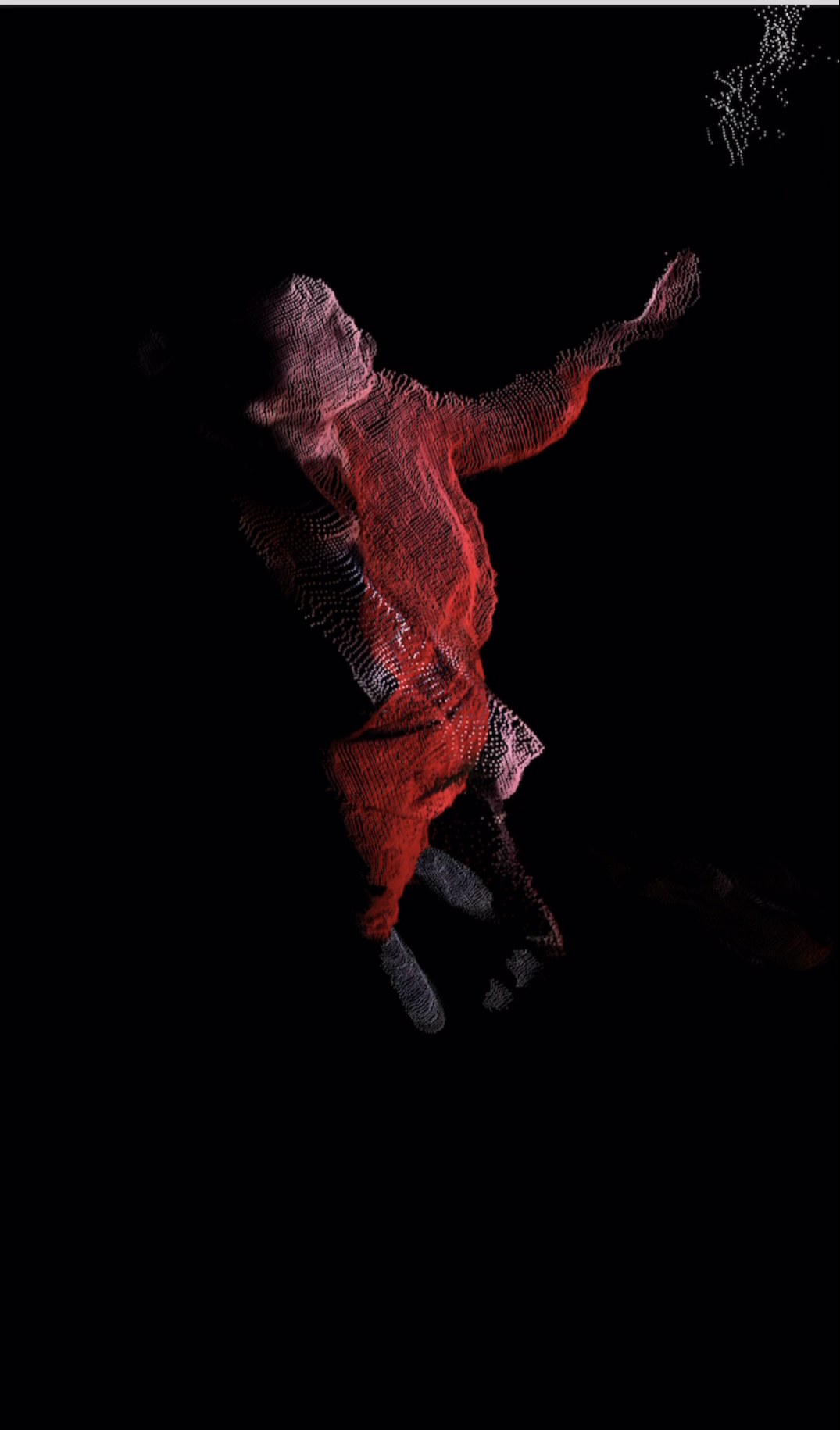
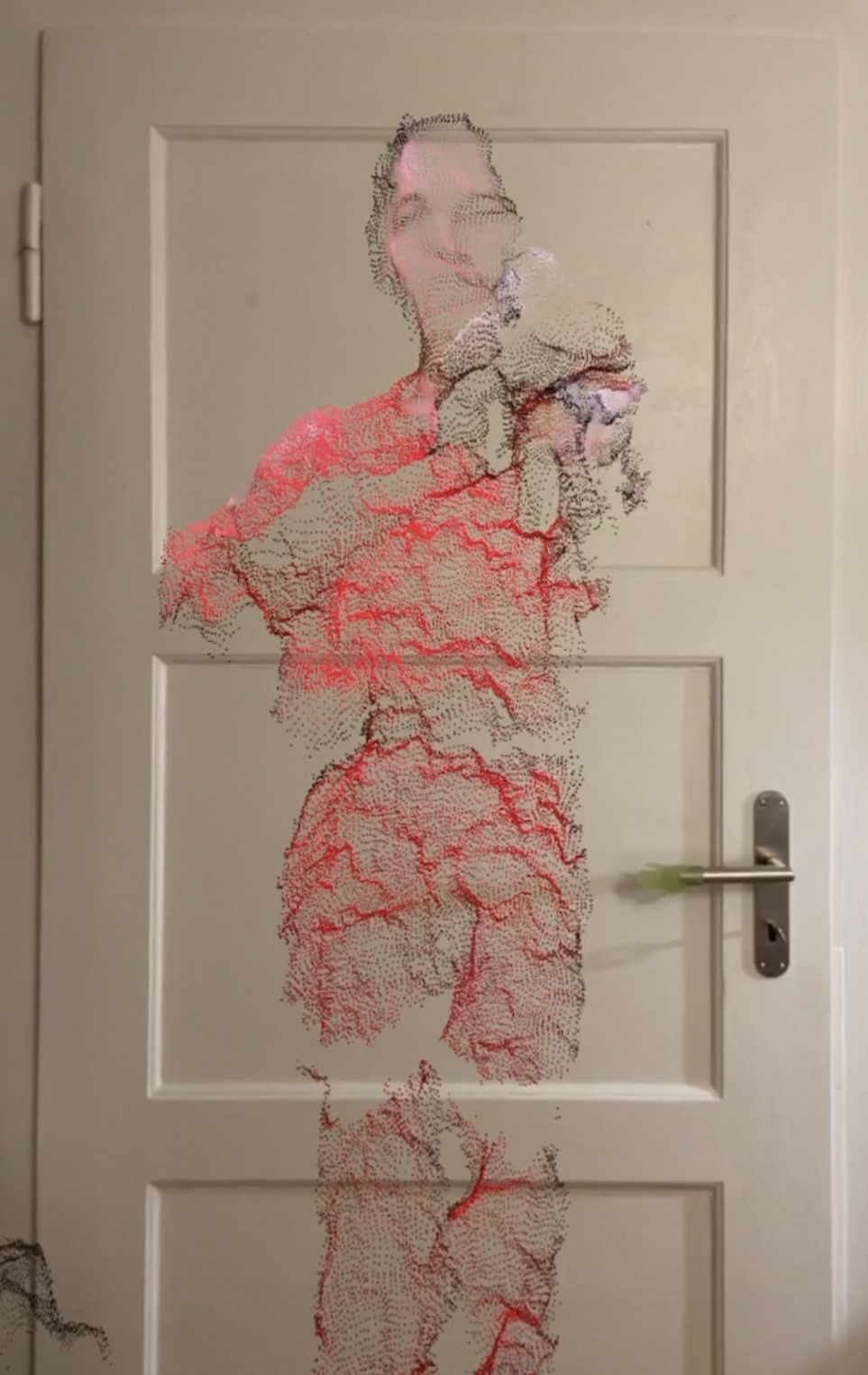
Interactive Webinstallation
Available anytime and anywhere on your smartphone, this concert experience is characterized by what ultimately remains unavailable.
Based on a composition by Tom Belkind, the experience was developed by Anna Neubert and Richard Aczel as part of the eID platform project and implemented by Cylvester (Tobias Hartmann and Max Schweder).
–> Try it <–
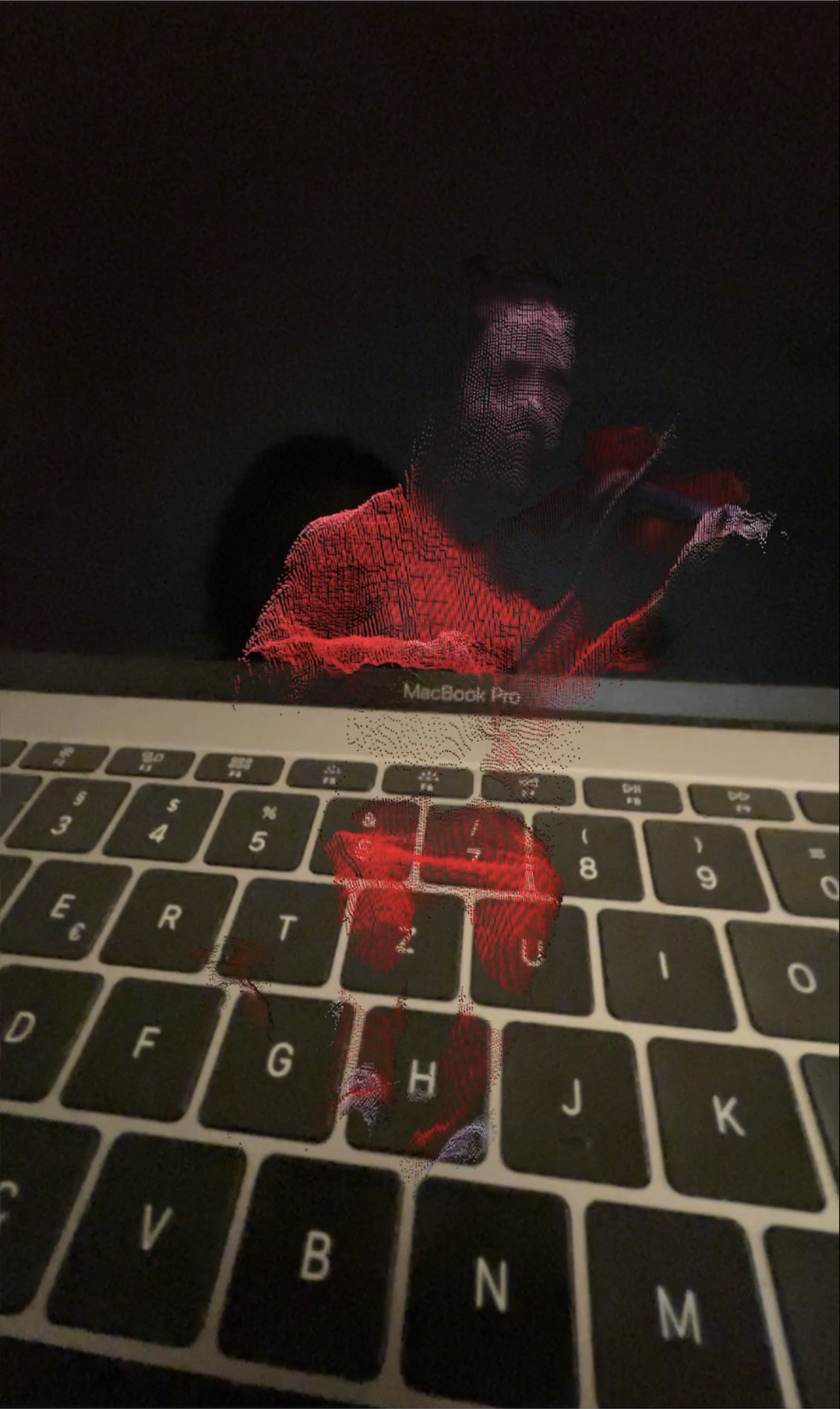
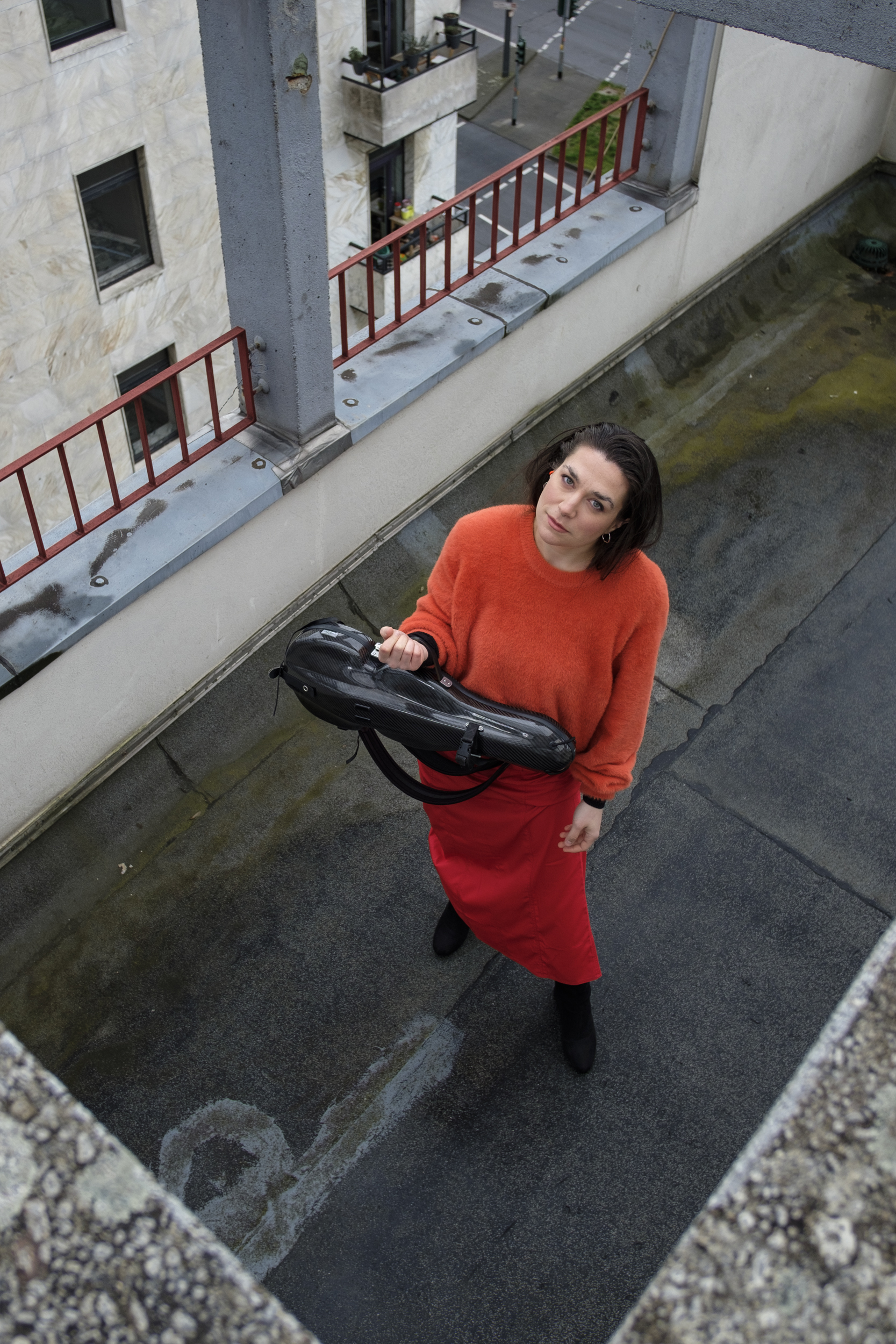
Anna Neubert
As a violinist, Master of Disaster of ensemble uBu or accomplice of other artists, Anna Neubert plays, stages and infiltrates concert settings, so far at the Schwetzinger Festspiele, AchtBrücken Festival, Bundeskunsthalle and Beethovenhaus Bonn, Villa Massimo Rome, also in cultural bunkers and daycare centers.
She has directed numerous concert projects, such as the INTERVALL series of the Deutsche Kammerphilharmonie Bremen (WEBERN_BEWEGT).
Since 2020, she has been researching the interfaces between music and weaving art as part of the “Weaving Concerts” with textile artist Nicole Kiersz.
She can also be seen as a violinist and performer in concerts by electronicID, in productions by the Junge Oper am Rhein, in a duo with guitarist Leonhard Spies and together with soprano Marie Heeschen in a scenic version of G. Kurtág’s Kafka fragments.
Anna Neubert studied violin and contemporary music in Cologne and Paris and has received awards and support from the International Alois Kottmann Competition, the Yehudi Menuhin Live Music Now concert sponsorship, the Boris Pergamenschikow Prize, the Alfred Toepfer Foundation and the stART.up scholarship from the Claussen-Simon Foundation.
Tom Belkind
Tom Belkind is an Israeli/ Austrian Composer, music producer and sound engineer, Based in Cologne, Germany. He was born in 1990 in Tel Aviv, Israel. His compositional style is trying to combine his origins in popular and music production with the abstract mean of expression, using the materialistic and physical elements of the sound production and layering different sounds in order to create different levels of intensity and sound energy.
In 2016, Belkind started pursuing a Bachelor’s degree in Composition in The Buchmann Mehta School of music (TLV University) with Composers Josef Bardanashvili and Ruben Seroussi. In 2020, Belkind Started his Masters Degree in the “Hochschule für Musik und Tanz Köln” with Composer Miroslav Srnka. Today, Belkind is a “Konzertexamen” student in the “Hochschule für Musik und Tanz Köln”. In 2021 he won the Bernd Alois Zimmermann scholarship for New music composition from the City of Cologne, as part of it was a portrait concert with his music at St. Peter church in Cologne. In 2022 he won the DAAD scholarship for music graduate studies. He also received scholarships from The Jerusalem institute for new music and Tel-Aviv university.
Pieces by him were performed in Israel and Germany by Orchestras and Ensembles like Ensemble Recherche (Freiburg, Germany), Meitar Ensemble (Israel), Ensemble Musikfabrik (Cologne/ Germany), Ensemble Erma (Cologne/ Germany) and Jack quartet (New york/ USA), the Aachen Theater Orchester and Cologne Guitar quartet. His works were played on festivals like Acht Brücken( Cologne, Germany), Wittener neue Kammermusik Tage (Witten ,Germany), CEME (Tel-Aviv, Israel), Tzlil Meudcan (Tel-Aviv, Israel) and Contcomp (Haifa, Israel). He took part in Composition workshops with composers like Helmut Lachenmann, Mauro Lanze, Carola Bauckholt and Philippe Leroux.
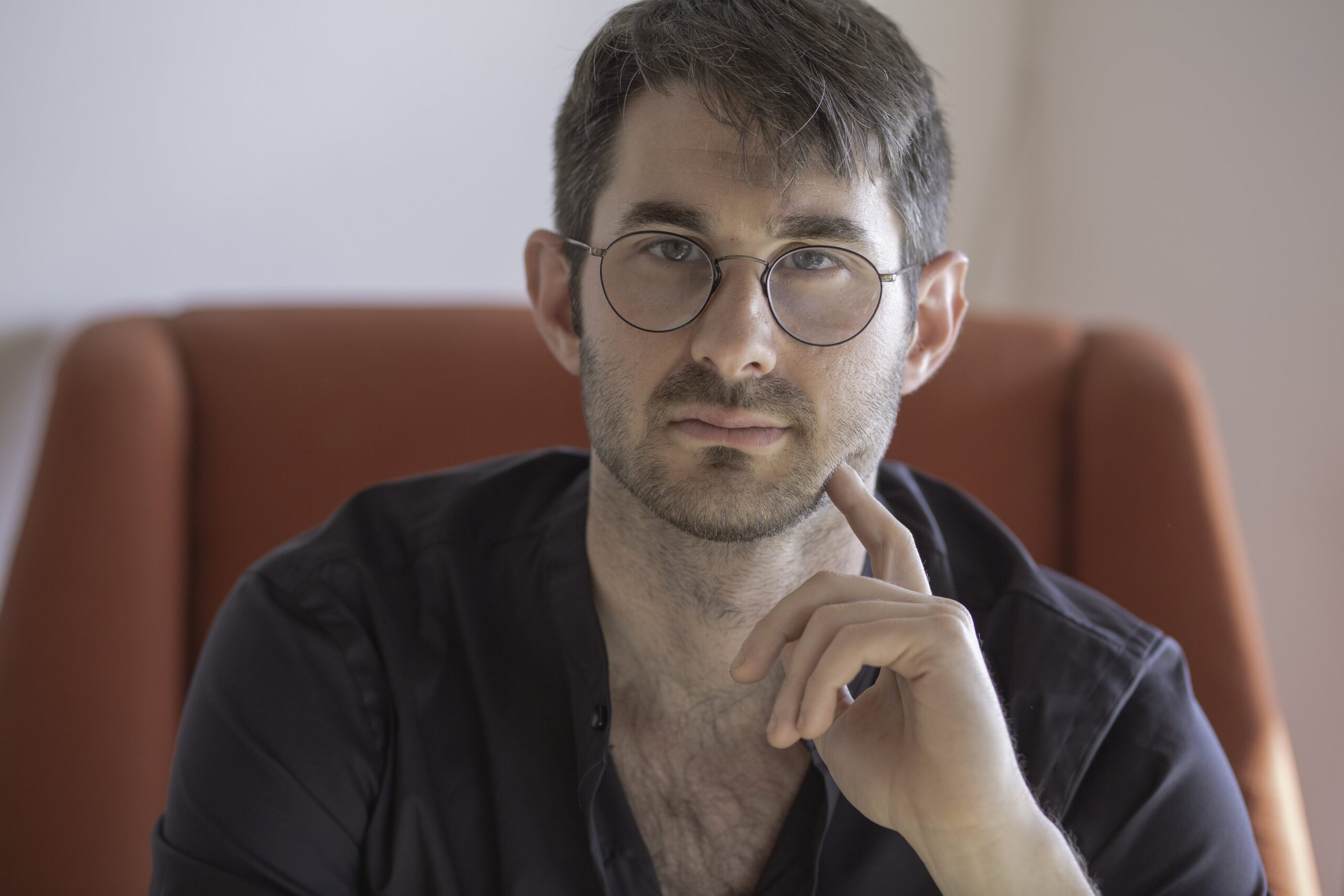
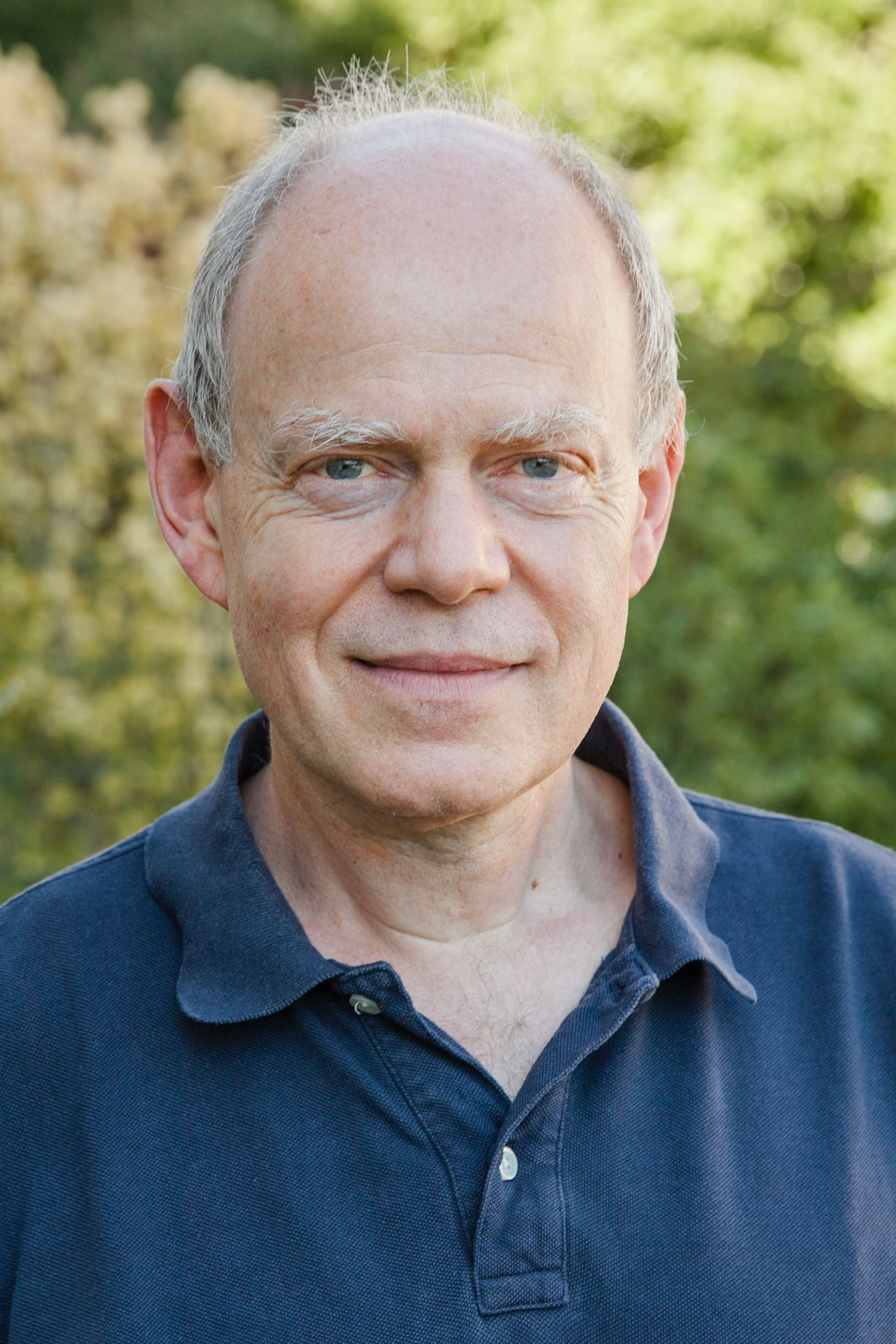
Richard Aczel
Richard Aczel is a writer and theatre director who teaches English Literature at the University of Cologne. He is the founding director of the theatre company “Port in Air” which has been active in Cologne and internationally since 2003.
Cylvester
As CYLVESTER, digital artists Tobias Hartmann and Max Schweder work together on interactive digital art projects in their own name or for other artists and institutions. The transition from the real to the virtual world is the event horizon for the two, which they work on with sounds, lights, colors and shapes; always in such a way that it is not only immersive for the audience, but also changeable and accessible. For CYLVESTER, contradictions and obstacles become inspiration for innovative ideas and in the end, only art remains.
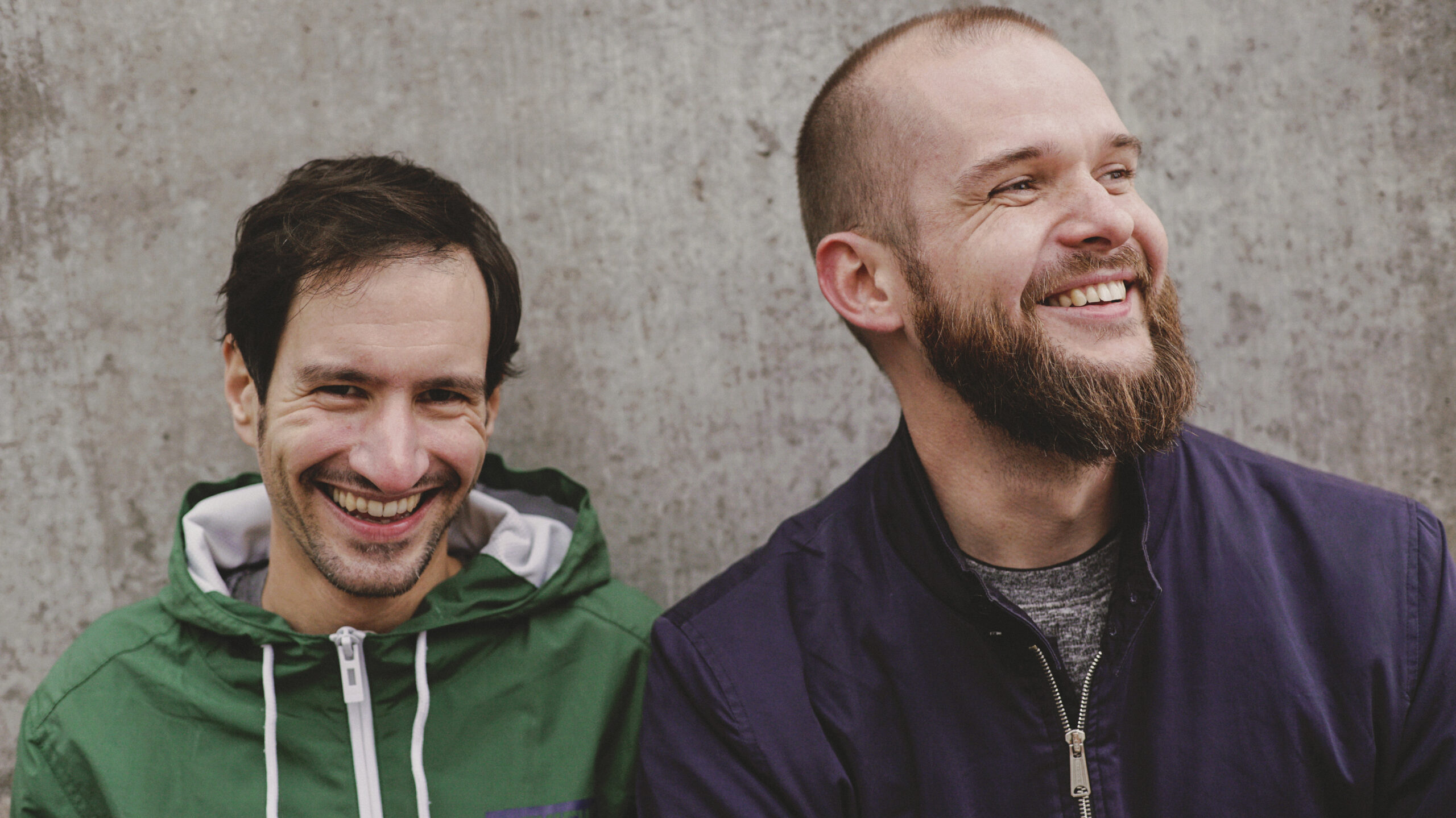

A bicycle built only for you
“A bicycle built only for you” is the name of the electronic piece Duoni Liu composed for the Mozilla Hubs installation by me (Felix Knoblauch). The name has its origin in the vocoder technology of the 60s and refers to the first piece of music composed with this technique of speech synthesis: “Daisy Bell (Bicycle Built for Two)”. Carol Lochbaum, John Kelly and Max Mathews programmed this piece in 1961 on the IBM704 room-filling computer.

Retro computer music
Duoni’s piece flirts with retro computer music and at the same time represents a foray into this history. Computers have been and continue to be made more and more powerful and more and more like humans. They are programmed to understand, to speak, to see and to analyze – they are supposed to support humans on levels of perception that they cannot reach themselves or for which their senses are too weak.


Human computers
At the same time, computers have a tendency to be made more and more human through certain interfaces. They understand our language or even speak it themselves. They are capable of making mistakes and learning from them, thus improving themselves in certain areas.

Technological singularity
The so-called technological singularity has not yet been reached in the world of machines. In the world of music, however, there have long been artificial intelligences that can write chord progressions and compose them in a wide variety of styles. Sounds can be generated artificially and optimized to such an extent that they can no longer be distinguished from a real sound (generated with an instrument, for example). For the latter, not even an AI is needed, very simple simulations are sufficient here.


Artificial intelligence
The tour of the Hubs room rudimentarily follows this history of electronic music and hints at a development that is increasingly moving in the direction of artificial intelligence and artificial consciousness. Here, an AI emerges that is artistically active itself and writes songs together with humans.
HAL 9000
One of the greatest concerns in the field of artificial intelligence and a milestone in film history: HAL9000 has killed almost the entire expedition crew of the Discovery. Now he himself is dying and remembers his origin singing. Dying, he sings “Daisy Bell (Bicycle Built for Two)” for the last time. These first words of the predecessor IBM704 (and the first words of a computer ever) will be the last of HAL: a machine that is afraid of death and finds comfort in music.


Duoni Liu
Duoni Liu is a Cologne and Bielefeld based composer, media artist and instrumentalist from Shanghai, China. She is concerned with the fascinating blurring of the boundaries between the actual content of the music and what the listener perceives – reality vs. perception.
Felix Knoblauch
Felix Knoblauch lives and works as a pianist and founder of the ensemble electronic ID in Cologne. As artistic director of the ensemble, he develops new innovative projects. He is particularly interested in exploring technological discourses of modernity and cross-disciplinary discourses of our present.
Duoni and Felix have joined forces to explore the possibilities of a virtual music exhibition.

